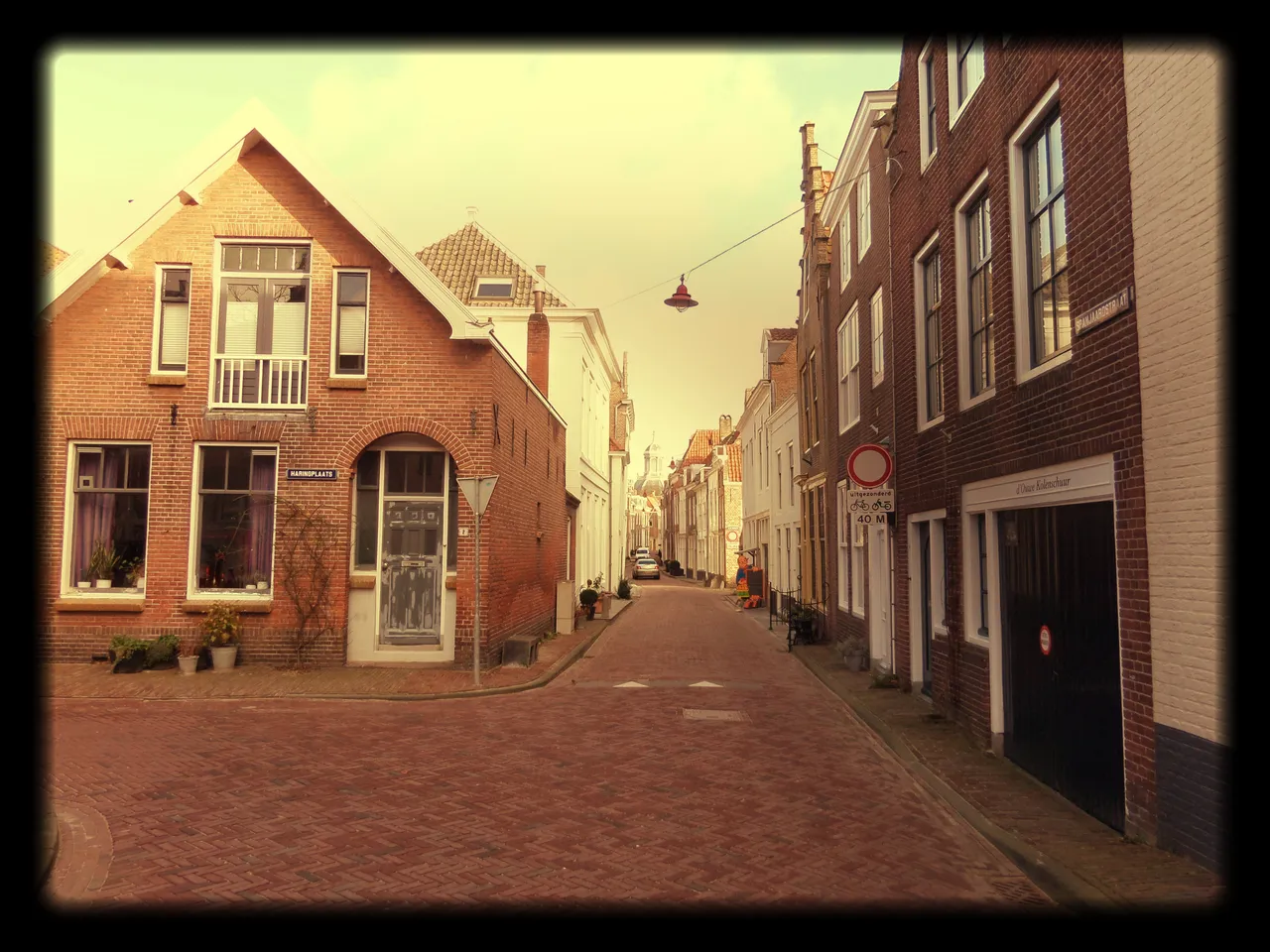
So what happened here?
600 years ago, life was pretty wild and rough. Government control or police was rare and consisted mainly of soldiers who had to intervene if things got too far out of hand. And there were simply not enough soldiers to be every where..
So, to keep the city a bit under control. Prostitution and gamble wise. The city council decided that only here in this street. You were allowed to gamble, play cards, dice etc.
Also, only there brothels were allowed. These streets or area's were quite common in The Netherlands. They preferred not to have such phenomena close to the city centre, especially not close to a church.
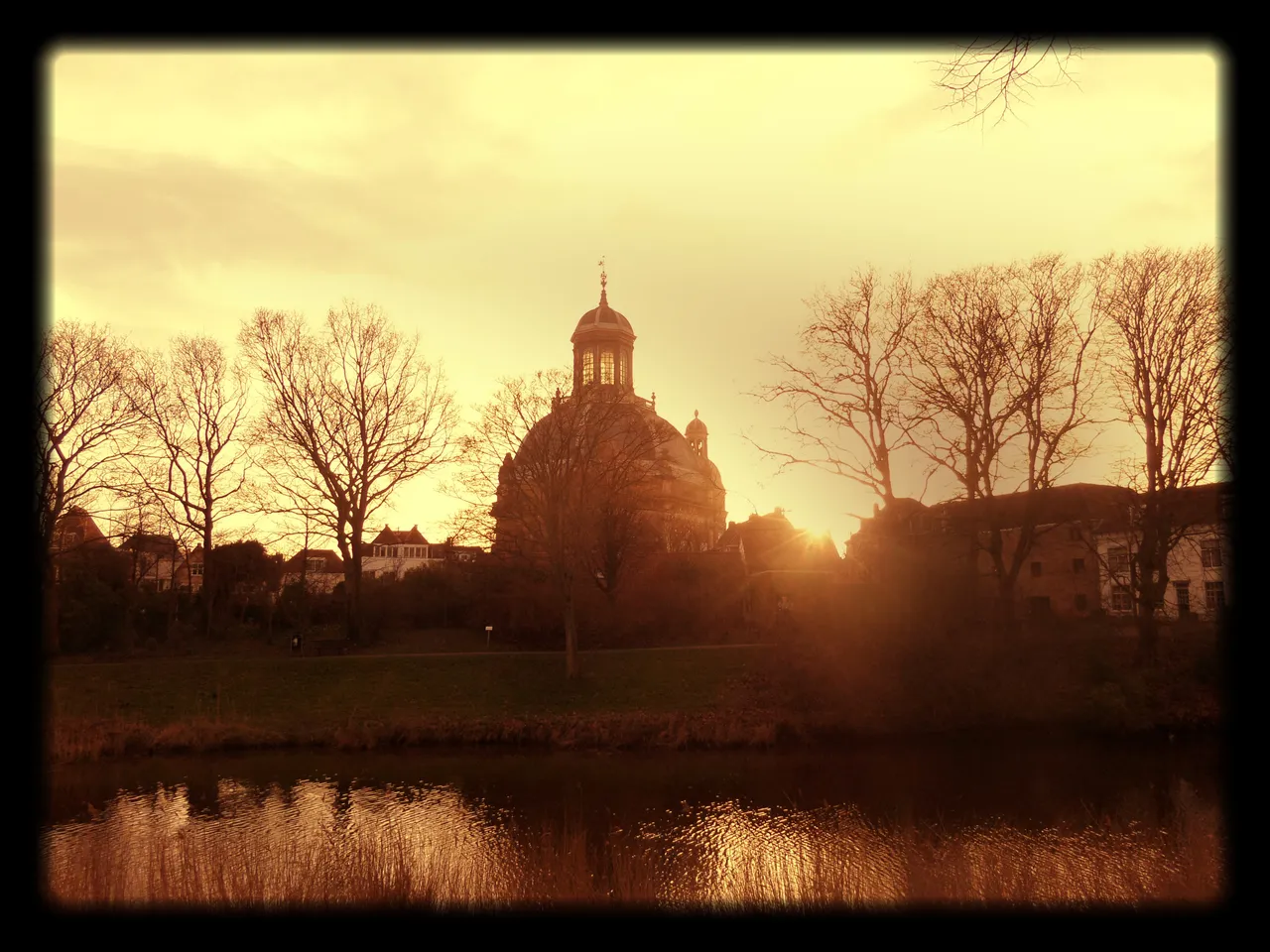
The church looked down on prostitution. Yet it was the church itself that helped to regulate prostitution. They saw it as inevitable but necessary evil. One of the reasons was to protect honorable women against rapings.
That the church helped to regulate it does not mean that the "ladies" were treated well. They had to adhere to a certain dress code, so that the whole city saw who they were. Often the color was yellow, back then the color of betrayal.
And as second-class citizens they were not allowed to be seen on the streets on Sundays nor other Christian holidays. Violating the law resulted in fines, jail sentences, or city bans.
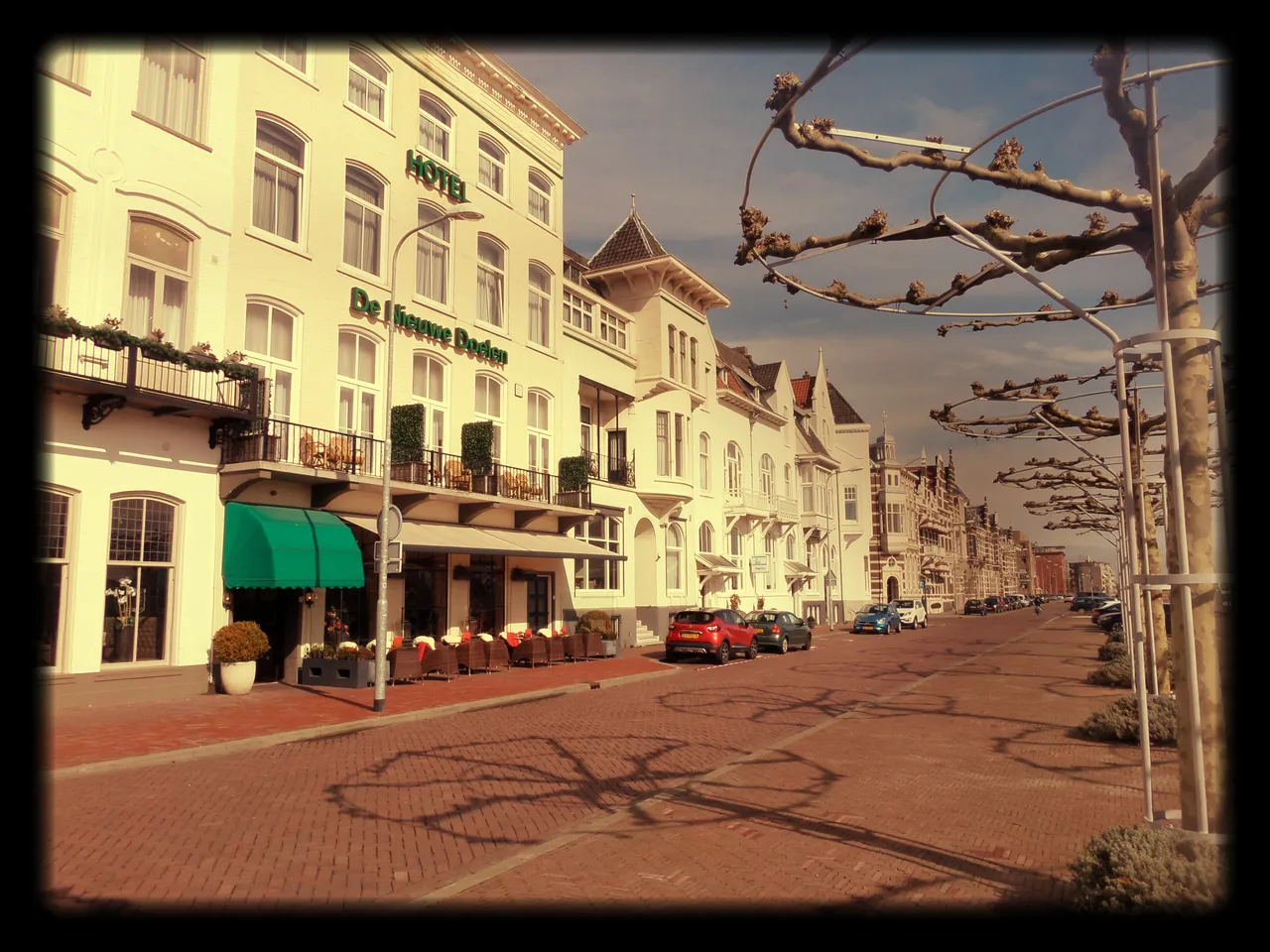
Back to the bars.
If you live in Middelburg imagine this, Less people but much more bars, hostels, hotels and so on... With not much rules or regulation, a lot of people started a bar or something like that.
To get an idea of how important the bar life must have been for people then. Remember that there was no internet, no TV, no sport clubs. little employment, less schools, no phones Basically less everything. So with not much going on you probably ended up in the bar..
Plus there weren't many houses to live in. People often lived in hostels or above a bar. If you were lucky enough to have a job you were most likely paid in the bar, probably not the most sensible place.
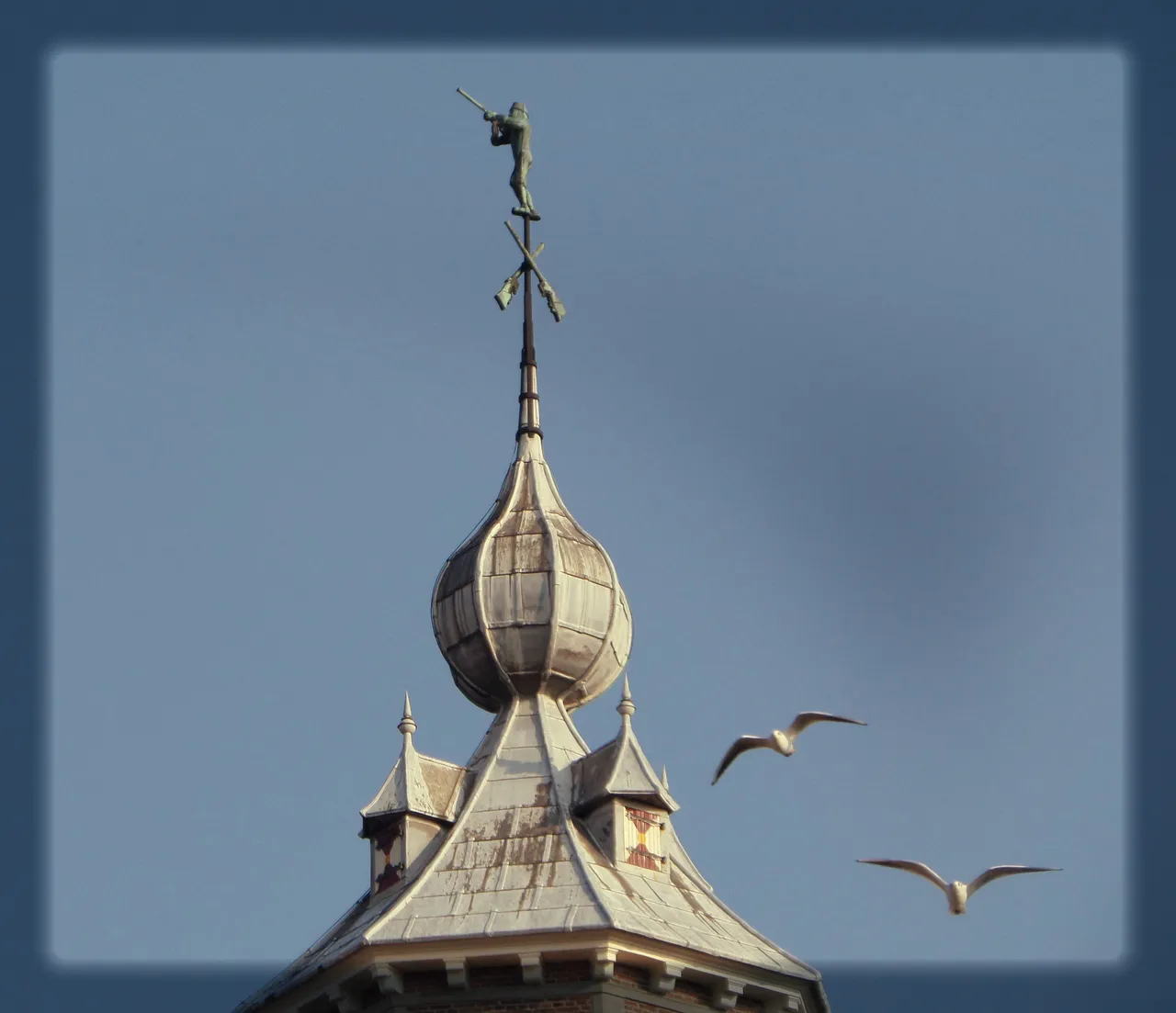
Bloedwraak or better know as Vendetta
As stated above, government control was so rare that people took the law into their own hands. Which was pretty much accepted by society then. And quite logical, if the police wasn't able to find the perpetrator. There was more chance of "justice" if you went to arrange it yourself. There are even cases known that the judgje gave permission in advance to kill the murderer.
There were rules though
No women nor children
You had to leave four silver coins with the body. This with the murderweapon.
You have to report the murder, if not it was not an legitmate retaliation.
Only the perpetrator was allowed to be punished but in reality whole families were involved in blood feuds.
Eye For An Eye
So when a murder took place, the family came together. And simply decided who had to be killed in order to get even. Family ties were strong and honor very important. On a specific island here in Zeeland, multiple families were involved in blood feuds. This resulted in small war zones of empty houses that were used for ambushes.
Once the government realized that on that island it had become a complete anarchy, they intervened and, slowly but surely, blood feud wasn't any more an every day thing.
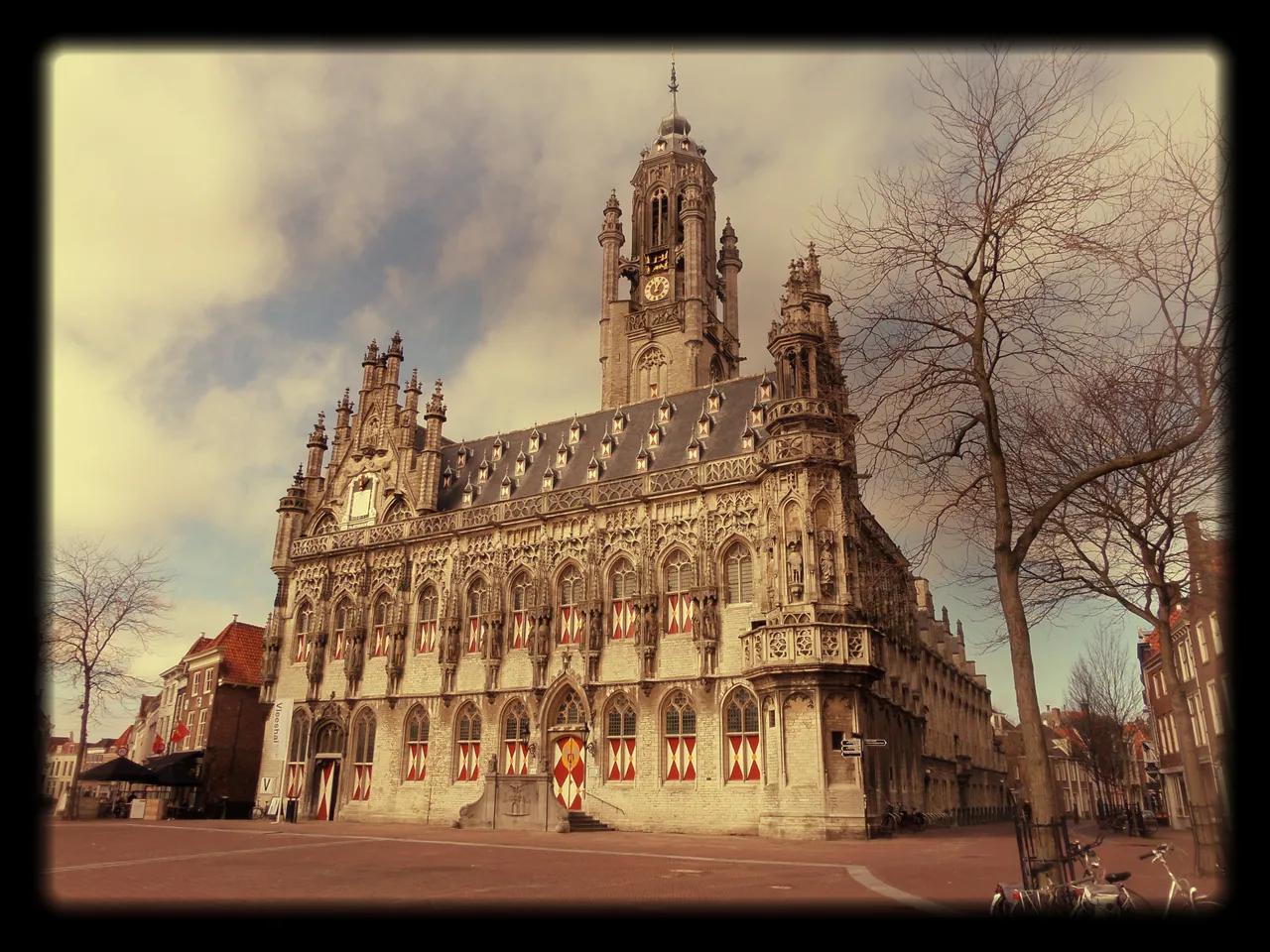
https://www.historischnieuwsblad.nl/nl/artikel/6503/bloedwraak-in-middeleeuws-zeeland.html
https://middelburgdronk.nl/wiki/Hoofdpagina